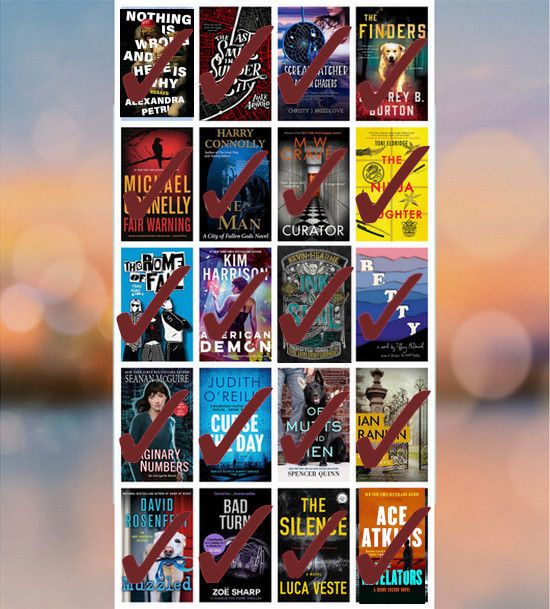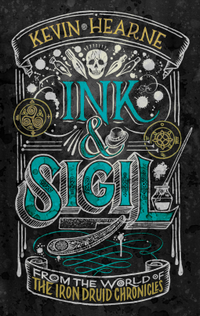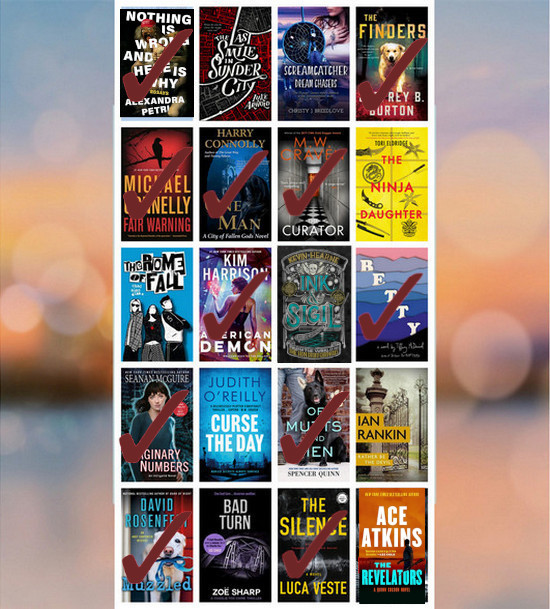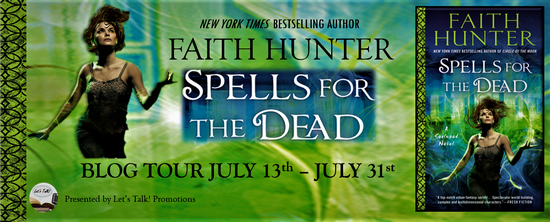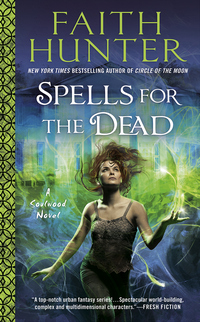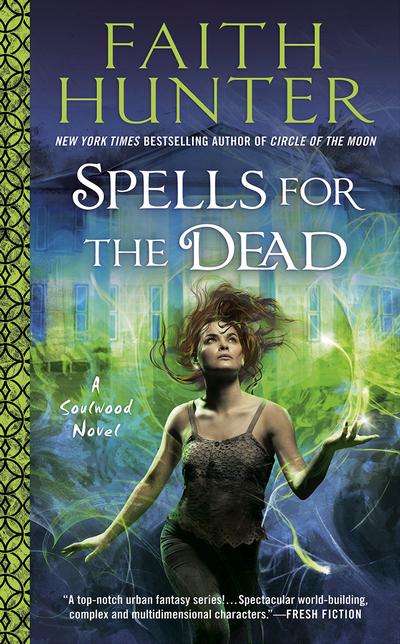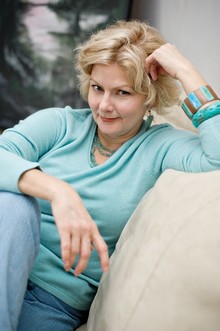
What’s Bone Canyon About?
A wildfire was wiping out good swaths of L.A. County as the last novel wrapped up. Now, just a few weeks later, several things that were hidden pre-fire have been exposed—some of those things are human remains. Eve Ronin and her partner are called out to the site of one such discovery. They’re able to identify the remains, they belong to a young woman who’d reported being raped and soon disappeared six years previously.
Eve assumes there’s a link between the rape, disappearance, and her death. This is solidified when it’s determined the woman was murdered. Even if it proves untrue, she needs to start her investigation somewhere, so she starts by looking over the initial investigation and is less than impressed with the way it was handled. So, she plunges into re-investigating the rape and disappearance while also trying to get a handle on this murder. It’s not long before she’s getting pressured to drop the rape angle.
When another group of remains is found in the same general area—these belonging to an older woman, things get more complicated. How many murderers is she looking for?
Duncan “Dunkin’ Donuts” Pavone
I only gave Eve’s partner four sentences in my post about Lost Hills, I think I should’ve spent a little more time on him, I have a sneaking suspicion that he’s the secret weapon in this series. He seems like a Spenser’s Frank Belson-type (I have to admit I see Ron McLarty, TV’s Belson, in my mind during his scenes). He’s a slob, constantly covered in crumbs (donut or otherwise), cynical, seemingly lazy—but at heart a dedicated and good detective. Watching him at work in the interrogation room should be enough to make anyone doubt the image he projects.
When we first meet him, he’s got his eyes on his retirement date and is counting down to it, which is why he’s saddled with the homicide detective no one wants as a partner. He seems to tolerate Eve and will sprinkle some tips and cynicism her way. But that’s about it. By the end of the first novel, there’s more than toleration at work. By the time Bone Canyon opens, he’s really trying to mentor her, trying to guide her, and prepare her as much as possible for her future (not that he’s obvious about it, or even willing to admit it, but it’s there). In a lot of this novel, it’s clear that he cares for Eve as a partner, and is likely more concerned with the future of her career than she is. He won’t necessarily agree with all of her wild theories, but he’s at least willing to entertain them, to look for evidence to back them up.
It’s a nice shift, and if she can win Duncan over, there’s reason to hope that she can get others in the Department to work with her.
While I’d been hoping that Goldberg would find a way to keep him in the series after his retirement (somewhere around 100 days after this novel), I wasn’t sure he would. I guess I’m still not positive that he will, but Goldberg provided a way to do so. I’m relieved—Eve needs a cop she can trust in her life, even if he’s retired.
Which leads me to:
Cop or Politician?
Several times, superiors in the Sheriff’s office, a friendly D.A., and her own mother accuse Eve of playing political games with this case for her own career advancement. In Eve’s mind, she’s not making political moves for her own gain, but for the sake of the case. It’s all about justice for the victims, she insists. She doesn’t trust anyone in the Department, so she has to go at things in her own way.
Sure, she made some moves circumventing the chain of command to keep things moving, to prevent leaking and anyone stopping her. But she denies being overtly political about this, and only admits it in retrospect. Which I found a little odd, remembering something she thought about the Harry Bosch audiobook she was listening to in Lost Hills:
[Bosch’s] problem, she thought, was that he didn’t know how to play politics. She’d already proven that she could.
As much as Eve thinks of herself as a loner—due to circumstances forcing her into the role, rather than that being her nature—there are events here to teach her that ain’t necessarily true. She’s never going to win any popularity contests (Duncan will testify that she’s unlikeable), but if she pays attention, Eve’s going to find more allies. She doesn’t have to be Renée Ballard.
* We know she’s a Harry Bosch fan, I wonder what Eve thinks about Ballard.
…or Is She a Media Star in the Making?
The other thing that’s constantly being thrown at Eve is her social media stardom—the viral video that got her promoted into the Homicide Division was just the start. Someone leaked video of her heroics at the close of the previous novel which just compounded things for her. So many of her fellow detectives and deputies just assume she’s all about getting fame and glory for her own advantage (many of these people are just jealous and would do whatever they could to get a share of her fame so they could cash in on it). It’s truly the last thing she wants, unlike the other accusation.
Ironically, her family is pushing her to embrace this notoriety and cash in on it (mostly for their selfish benefit, not her good)—and both an agent and a TV Writer/Producer are circling her. Everyone’s telling her that a series/movie is going to happen no matter what, if she wants any influence on how it happens, she has to sign up.
Goldberg had already firmly established that this series takes place in the shadow of the Entertainment Industry, would-be actors, film crew members, bona fide stars, and others (like a fellow detective) wanting to get into the industry. So this subplot doesn’t feel out-of-place at all, it’s the world Eve Ronin deals in.
I really like this aspect of the story—as long as it doesn’t become too dominant—and watching Eve try to figure out how to use her notoriety to help (or at least, not hinder) her police work is as interesting as watching her figure out how to survive as a political animal.
Now, that’s a nice touch…
There’s a little treat for readers of Goldberg’s Ian Ludlow series. I loved it. But if you’re not reading that series, don’t worry, you won’t even realize that you missed something.*
* Still, I should take a beat to ask you why you aren’t reading the Ian Ludlow books. You should fix that. Click here to see what I’ve had to say about those.
So, what did I think about Bone Canyon?
This rocked. I think it was a step up from Lost Hills, which I’m pretty sure was the best thing Goldberg has written. He does all the same things that made Lost Hills a success and then progressed them a little bit. I raced through these pages—both because the prose invites you to and because I just had to see how it all ended.
Eve’s a great character—she’s flawed, she has a lot to learn, but she has potential as a detective and is driven to fulfill that potential. Her cases are twisty enough to keep you guessing and turning pages. and Goldberg’s writing is at his best.
I liked Lost Hills enough that pre-ordered this book as soon as I could, and have already done the same for the third book, knowing only its title (I’d buy books 4 and 5 right now, too, for what it’s worth). They’re that good—and I think you’ll likely agree. Jump on the Eve Ronin train, you’ll be in for a great ride.
Disclaimer: I received this eARC from Thomas & Mercer via NetGalley in exchange for this post—thanks to both for this, but aside from giving me something to opine about, this didn’t impact what I said.

This post contains an affiliate link. If you purchase from it, I will get a small commission at no additional cost to you. As always, opinions expressed are my own.

 This is a weekly bloghop hosted by Freda’s Voice
This is a weekly bloghop hosted by Freda’s Voice Grab a book, any book.
Grab a book, any book. Turn to Page 56 or 56% on your ereader. If you have to improvise, that is okay.
Turn to Page 56 or 56% on your ereader. If you have to improvise, that is okay. Find a snippet, short and sweet.
Find a snippet, short and sweet. Post it
Post it
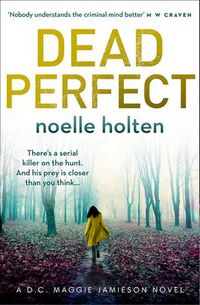
![]()


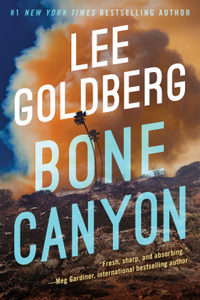

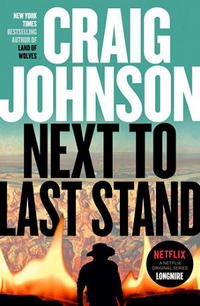


 1.
1. 